Most Popular
Korea Quiz


Find the correct answer at the bottom of this page.
For many Koreans and even foreign nationals familiar with Korean TV shows, the term "ajumma" conjures the image of middle-aged women with short, voluminous hair that requires minimal additional styling, adorned in outfits with bold patterns and vibrant colors, who at times appear self-righteous and oblivious to the perspectives of others.
Before this stereotype was created and strengthened, the term ajumma was simply a casual way of referring to a middle-aged woman among strangers, without any negative connotations attached. Nowadays, addressing someone as ajumma is discouraged due to its disrespectful and discourteous undertones. Instead, Koreans use various alternatives to refer to this particular demographic. These include "imonim," "eomeonim," and "yeosanim," all of which incorporate the honorific suffix "nim."
Imo originally means one's mother's sister or aunt, while eomeoni is the Korean word for mother. Yeosa is a term used to refer to a married woman of high social status, similar to “madam” in English.
Addressing someone as imo, which originally conveyed a sense of friendliness and even intimacy, is now labelled politically incorrect in certain relationships.
A recent decision by the Labor Ministry to select the official job title of domestic workers highlights the unprofessional and negative qualities implied in the terms ajumma or imo, by which they were often called.
The ministry said they chose "gasa gwallisa” as the official title of the workers to adequately acknowledge the dignity and professionalism of their service.
"Chonggak" is a term used to address young, unmarried men in Korean, especially when the speaker is generally older in age.
Answer: C
-
Articles by Korea Herald





![[Graphic News] Number of coffee franchises in S. Korea rises 13%](http://res.heraldm.com/phpwas/restmb_idxmake.php?idx=644&simg=/content/image/2024/05/02/20240502050817_0.gif&u=)



![[Robert J. Fouser] AI changes rationale for learning languages](http://res.heraldm.com/phpwas/restmb_idxmake.php?idx=644&simg=/content/image/2024/05/02/20240502050811_0.jpg&u=)
![[Today’s K-pop] Stray Kids go gold in US with ‘Maniac’](http://res.heraldm.com/phpwas/restmb_idxmake.php?idx=644&simg=/content/image/2024/05/02/20240502050771_0.jpg&u=)

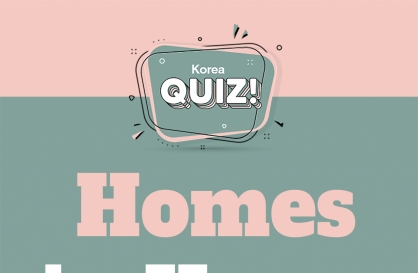
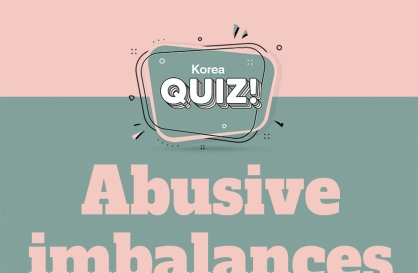
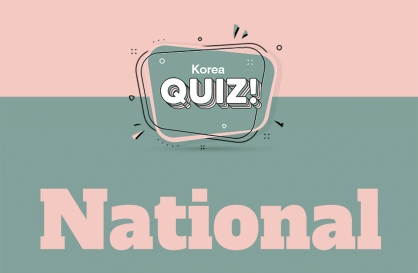
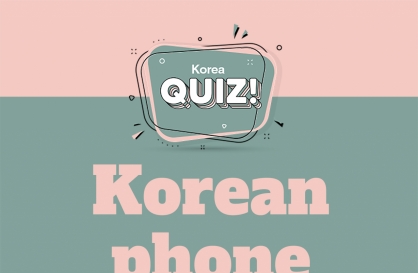
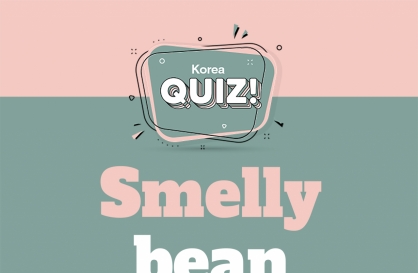






![[Eye Interview] 'If you live to 100, you might as well be happy,' says 88-year-old bestselling essayist](http://res.heraldm.com/phpwas/restmb_idxmake.php?idx=652&simg=/content/image/2024/05/03/20240503050674_0.jpg&u=)
